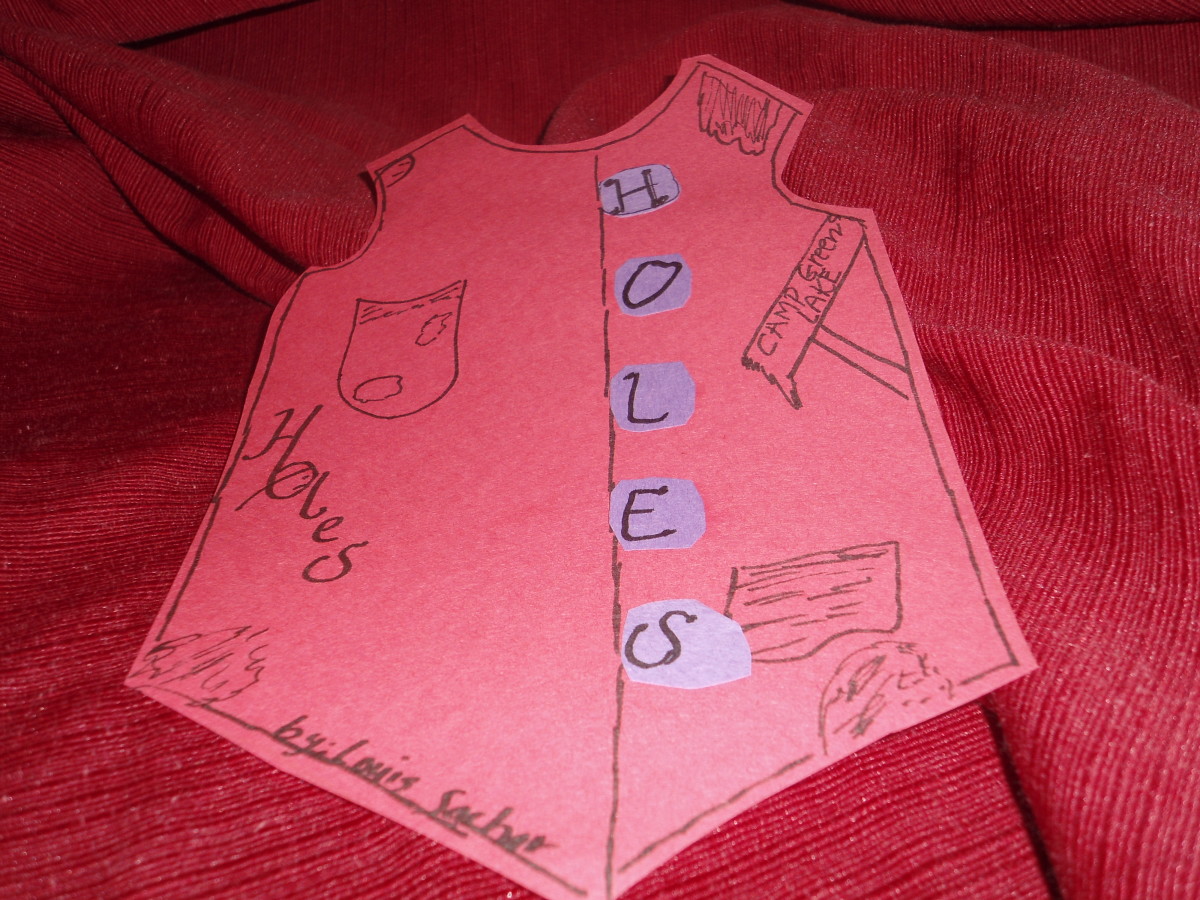How to Write a Book Report and Book Review

A Quick Quiz
view quiz statisticsBook Report Versus Book Review
Understanding what is a book report and what is a book review is essential when deciding to write one or the other. Both are practically the same thing but with a few major differences in their purpose and intended audience. It is always important to understand first who your intended audience is before beginning to write anything, which is why this piece of information is a vital part to learning how to write a book report and how to write a book review.
A book report tends to be something assigned to a student in order for them to prove that they read and understood a book that a teacher has either approved of or chosen for that student to read. On the other hand, book reviews can be found whenever one searches for a book, especially on Amazon.com or even here on my own hubpages profile. Therefore, it's safe to say that a book review is usually written for the intent of promoting a book and/or informing readers on whether or not it is worth buying.
Book Terminology Definitions
Theme: The main idea of the story.
Setting: Where the story takes place.
Plot: What happens in the story, including the main conflict.
Characters: Who the story is about.
Protagonist: The main character, usually the hero.

The Importance of Reading
Use of sparknotes makes literature majors like myself shiver and glare in disappointment at the guilty. Reading is fun and writing a book report about what is assigned to you is super easy as long as you actually read (no skimming!) the novel.
* alliteration: the use of two or more words in a word group beginning with the same letter.
What is a Book Report?
The one difficult part to understanding just how to write a book report is keeping in mind that not all reports will have the same information included. Each teacher will have varying requirements, which means that a book report for one class may not get that same A grade in another. Furthermore, a book report for an elementary level class versus high school level will have requirements based on the writing level of the students. Some book reports are only presentations while others are done in written form.
The basic outline of a book report is as follows:
1. Introduction
- Here, you want to provide basic information on the book such as the title, author, and its date of publication.
- You may also want to include why you chose to read this particular book or this particular author.
2. Body
- Describe the story with a basic summary, including its theme, plot, characters, main conflict, and setting.
- You may also go into detail about your own opinions of the book. For example, was it good? Would you recommend it? What was the best part?
3. Conclusion
- Take a sentence or two to summarize your report, including your overall opinion and what you think are the most important things for people to know about this book.
No matter what education level the student is at, every book report is assigned with the intent of giving the student a chance to prove they read and understand the book. Remember this above all else. As long as you actually read what was assigned it should be a piece of cake!

More on How to Write Book Reviews
- How to Write a Scholarly Book Review
Writing a successful scholarly book review requires much more work than any other kind of book review. Find out the basic guidelines for writing a great review here. - How to Write a Children's Book Review
Information on how to write a successful children's book review. - How to Write a Book Review For Primary Students
Writing a book review for primary students is easier than you think. Here, you can find a little advice and some simple rules to follow to set you on the right track to a successful review.
What is a Book Review?
Book reviews can be as short as a paragraph or expand into a hefty essay. They can also be something similar to a simple summary* or a long winded literary critique showing off the author's snazzy reading skills while they simultaneously pass judgement. No matter what type you intend to write, understanding what is a book review is a lot simpler than it may seem initially. Its wide spectrum in length and amount of analysis should tell you straight off that book reviews are a lot more open to personal interpretation than first meets the eye.
Just like book reports, it is vital that you always remember your audience. Consider the reasons for why someone is reading your review. It can be as a reference for their own writing or for insight into whether or not it is worth buying. These reasons (or any others you come up with) help determine whether your review lies at the side of the spectrum where it is brief and more summary, at that other far end with length and in depth analysis, or somewhere in between.
Here is a basic book review format to follow:
1. Introduction
- Just like with book reports, the introduction is where you want to provide basic information on the book at the very beginning.
- You may want to provide personal insight into how you came across the book or why you chose to read it.
- You may also want to provide a basic biography of the author before delving into the novel.
- Provide any information necessary to give the readers a basic feel for what the book is about and/or why it's worth reading before going into it in more detail.
2. The Summary
- Provide a brief description of the book and what happens. Consider the 5 W's: Who are the main characters? What is the main conflict? Where does it take place? When does it take place?
3. Your Critique
- If you didn't notice, there were only four of the five W's considered above. The last one is the big: why would anyone care to read this? (Or, why shouldn't they read it?) This goes into the critique section because it is most certainly all up to you and your own opinions on what you read.
- You may want to share any information you learned such as an important message it conveyed or anything you found particularly interesting.
- If you disliked it, do not go into a rant or just say it was horrible and don't ever read it. Go more in depth than that and prove your case instead of just stating it.
- Provide specific examples of the book to prove how great (or bad) it was. I usually like to include my favorite quotes from the text within my review.
4. Conclusion
- Give a more concise summary of the novel and your own opinions as well as any other last minute details your audience should keep in mind.
© 2012 Lisa







